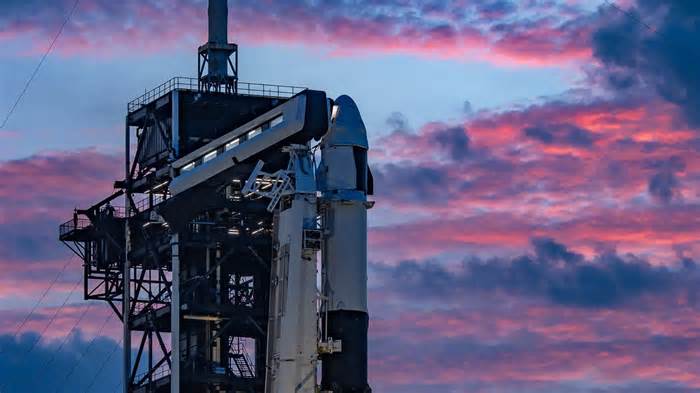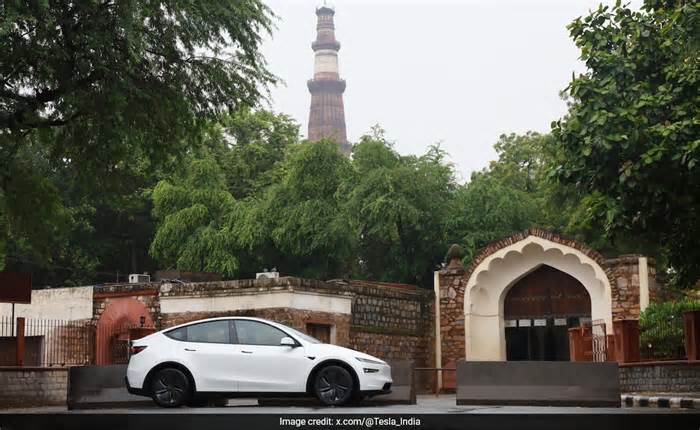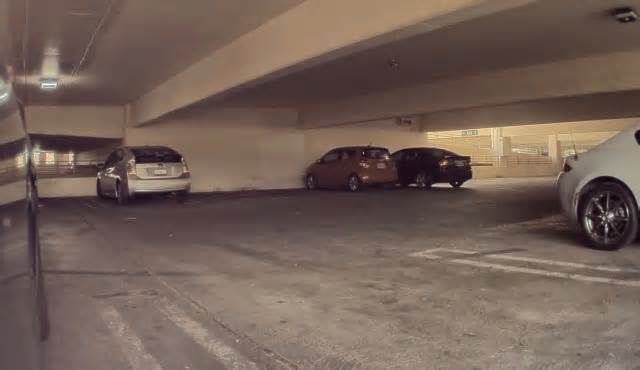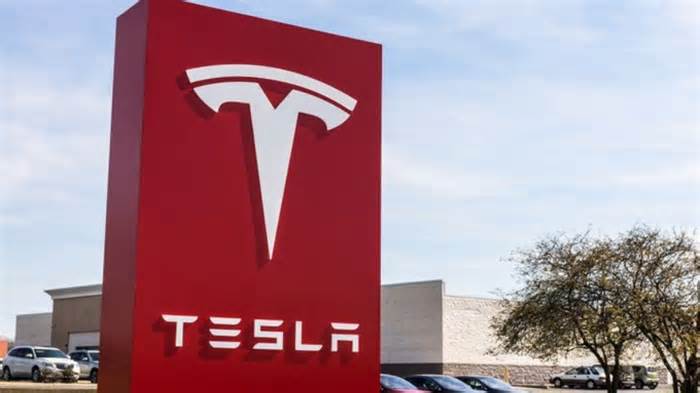
Axiom Space and SpaceX aims for new launch date of Ax-4 mission
- by Spectrum News 13
- Jun 24, 2025
- 0 Comments
- 0 Likes Flag 0 Of 5

UPDATED 10:40 AM ET Jun. 24, 2025
PUBLISHED 5:49 AM ET Jun. 24, 2025
PUBLISHED 5:49 AM EDT Jun. 24, 2025
SHARE
KENNEDY SPACE CENTER — After a number of delays, Axiom Space and SpaceX will be attempting an early Wednesday morning launch of the Axiom 4 mission, which will see four astronauts — three of whom will venture into the deep black for the first time — to the International Space Station.
This is the fourth private mission to the famed space station by Axiom Space.
What You Need To Know
The Ax-4 mission has seen a number of delays so far
This is the fourth private mission to the ISS by Axiom Space
SpaceX’s Falcon 9 rocket and its crewed Dragon will be sending up the Axiom Mission 4 (Ax-4) from Kennedy Space Center’s Launch Complex 39A
More than 60 experiments will be sent with the crew
This will be the second Axiom Space mission where former NASA astronaut Peggy Whitson is the commander Get more space coverage here ▶
SpaceX’s Falcon 9 rocket and its crewed Dragon capsule will send up the Axiom Mission 4 (Ax-4) from Launch Complex 39A at the Kennedy Space Center, stated Axiom Space, SpaceX and NASA.
The instantaneous launch is set for 2:31 a.m. ET, Wednesday.
The 45th Weather Squadron is giving a 90% chance of good liftoff conditions, with the only concern being the cumulus cloud rule and the flight through precipitation.
If the launch is scrubbed, the next attempt will be Thursday at 2:09 a.m. ET.
A number of attempts to go up
The Ax-4 mission has had a number of attempts to launch, but something came up.
It was originally set to go up at 8:22 a.m. ET, Tuesday, June 10, but SpaceX posted on X, formerly known as Twitter, that high winds were the reason why the launch was pushed back.
The second attempt was Wednesday, June 11, but a liquid oxygen leak was discovered on the Falcon 9 following a static fire booster inspection.
Before a third launch attempt could take place, NASA and Axiom Space announced that they would be standing down from the Ax-4 launch due to leaks in the Russian section of the International Space Station, which is the Zvezda module.
A third attempt was set for Sunday, June 22, but was scrubbed due to concerns of the leaks on the space station and the repair work that was being conducted.
 
Spectrum News reached out to both NASA and Axiom Space about why the leak in Russia’s Zvezda module would be an issue since it is not near the Harmony module where the SpaceX Dragon capsule being used for the mission will be docked.
“The International Space Station is an interconnected system, so NASA and our partners are continuously mindful of all operational activities. Following a recent repair, we are taking some additional time to better understand the current configuration to determine whether any additional troubleshooting is necessary,” explained Joshua Finch of NASA’s Commercial Crew Resources’ Office of Communications to Spectrum News.
Starting a new trek
For the Ax-4 mission, it will be the maiden voyage for Dragon spacecraft that will carry the four; its name is C213.
In fact, it is the last Crew Dragon capsule that SpaceX will build, as the company’s business model is to reuse its rockets and spacecraft. SpaceX has five Dragon capsules.
The first-stage Falcon 9 booster for this mission is named B1094. Before this launch, it has only had one other: The Starlink 12-10 mission.
The Falcon 9 is expected to land at Landing Zone 1, so a sonic boom is expected to be heard.
The Dragon capsule is expected to dock with the International Space Station on Thursday at 7 a.m. ET for up to 14 days.
About the Ax-4 mission
This will be the fourth time the Texas-based Axiom Space has used SpaceX to send astronauts to the ISS. This will be another all-private human crewed mission from Axiom Space, where the four will stay on the floating laboratory for up to 14 days.
And the quartet will be busy for those two weeks as they bring more than 60 experiments with them.
Some of these experiments are in partnerships with private companies and space programs that include 31 countries.
Some of these research studies include:
“How to support astronauts with insulin-dependent diabetes during short-duration missions in microgravity”
“Examining microgravity's impact on the brain and cognitive risks”
“Investigating the impacts of spaceflight on germination and growth of crop seeds”
“Studying astronauts' mental and behavioral health on the International Space "Station”
“Testing methods to extend pharmaceutical shelf-life in space”
“Examining how space conditions affect human bacterial, viral, and fungal microbiomes”
“Studying upper atmospheric thunderstorms”
Please first to comment
Related Post
Stay Connected
Tweets by elonmuskTo get the latest tweets please make sure you are logged in on X on this browser.
Sponsored
Popular Post
Sam Altman's OpenAI Takes On Elon Musk's Grok in AI Chess Tournament Final - Who Won?
28 ViewsAug 09 ,2025






 Energy
Energy


















